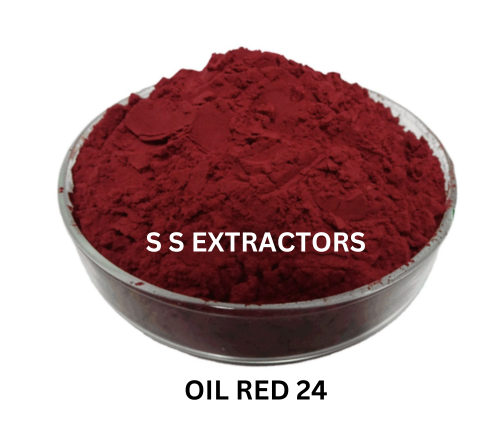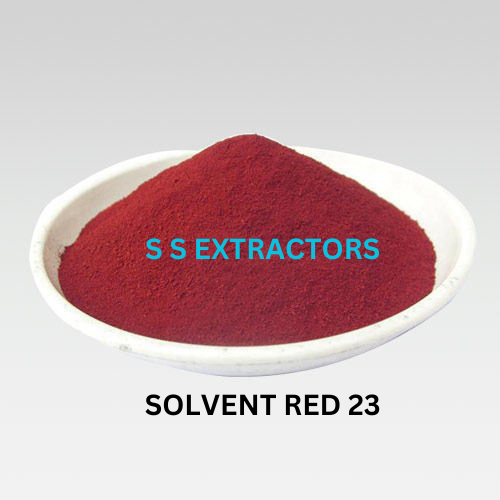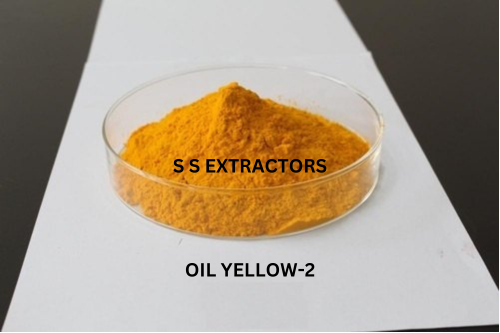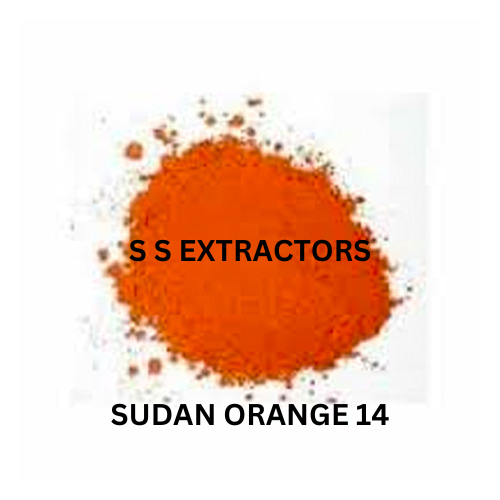Sudan IV Dyes
Product Details:
- Ph Level 7 to 8
- Grade Industrial Grade
- Rubbing Resistance Dry
- Type Solvent Dye
- Physical Form Powder
- Click to View more
Sudan IV Dyes Price And Quantity
- 550 INR/Kilograms
- 10 Kilograms
Sudan IV Dyes Product Specifications
- Dry
- 7 to 8
- Solvent Dye
- Industrial Grade
- Powder
Product Description
Sudan dyes are a group of synthetic organic compounds that are often used as industrial dyes and colorants for various applications. They are part of a family of dyes known as azo dyes. Sudan dyes have a range of applications, including coloring plastics, oils, waxes, and various industrial products. However, some Sudan dyes have gained notoriety due to their potential health risks and their illegal use in food and food-related products.
One of the main issues associated with Sudan dyes is their use as food adulterants. Some unscrupulous food producers have added certain Sudan dyes, particularly Sudan I, Sudan II, Sudan III, Sudan IV, and Sudan Red, to foods and food products to enhance their color. These dyes are not approved for use in food because they can pose health risks, including potential carcinogenicity. Such adulteration of food products with Sudan dyes is illegal in many countries and poses a significant food safety concern.
Regulatory agencies and food safety authorities in various countries have established strict regulations and guidelines to monitor and control the presence of Sudan dyes in food. Food safety authorities routinely test food products for the presence of these unauthorized dyes and take measures to ensure that contaminated products are removed from the market.








 Send Inquiry
Send Inquiry Send SMS
Send SMS